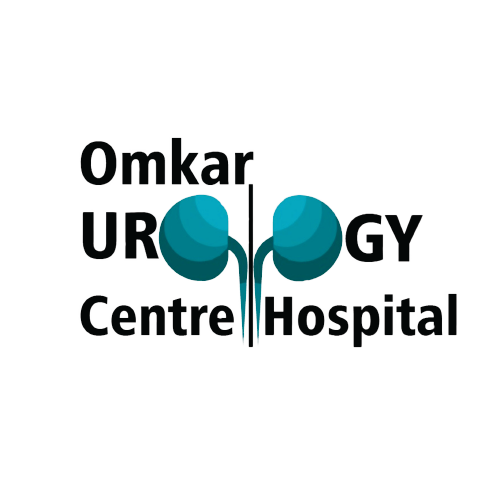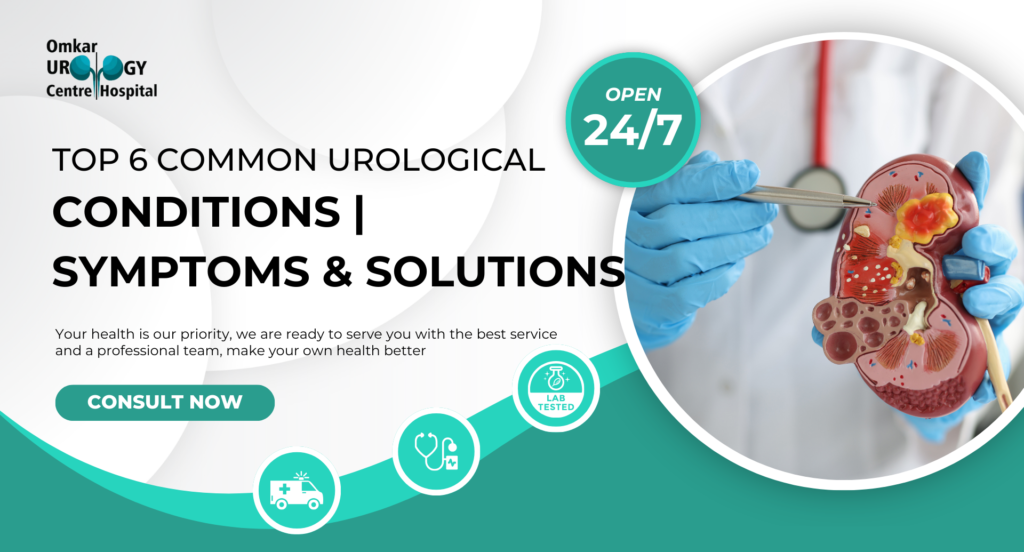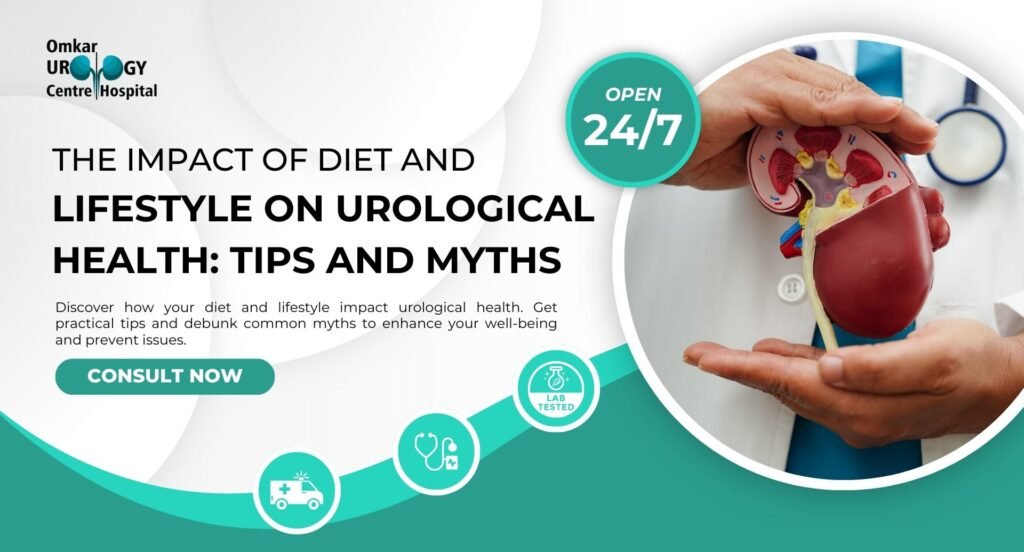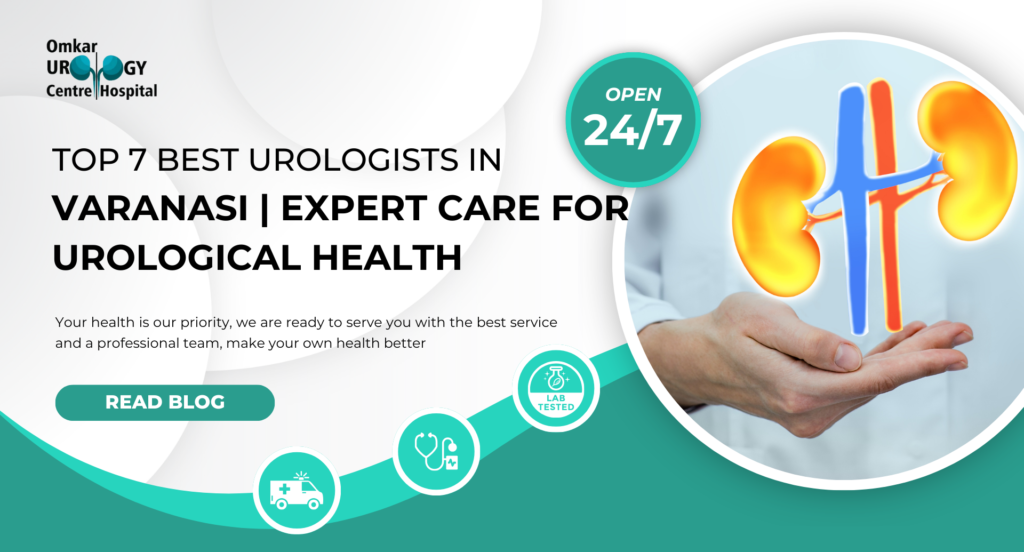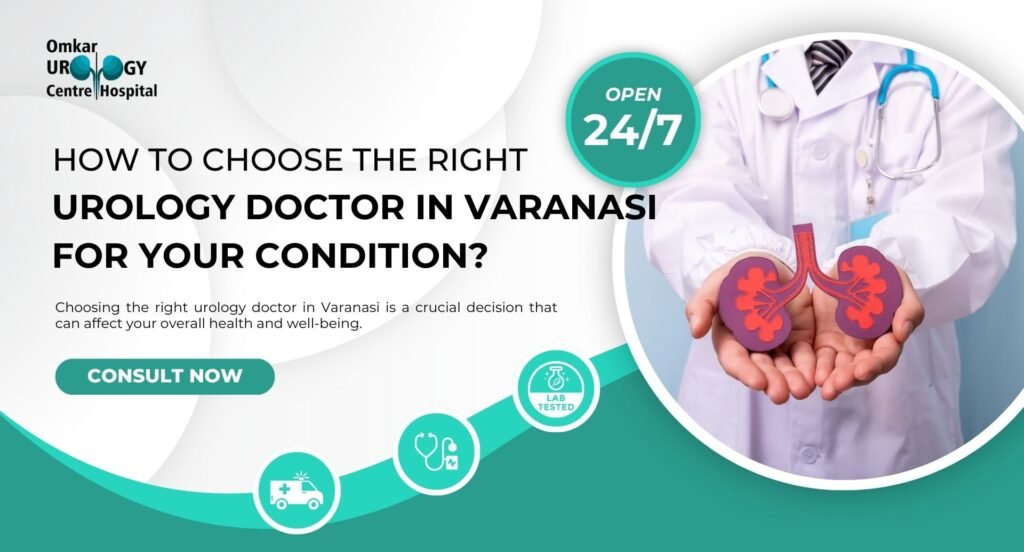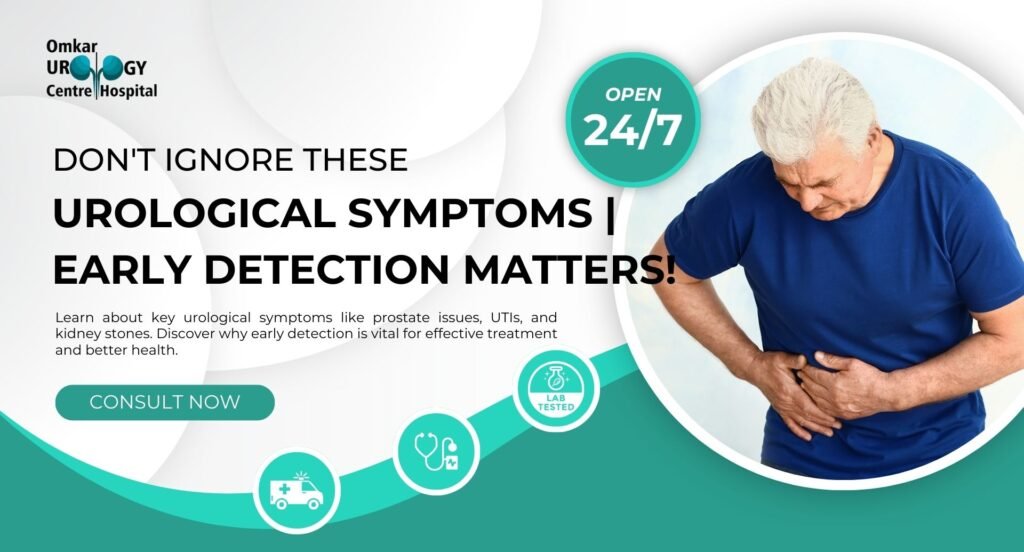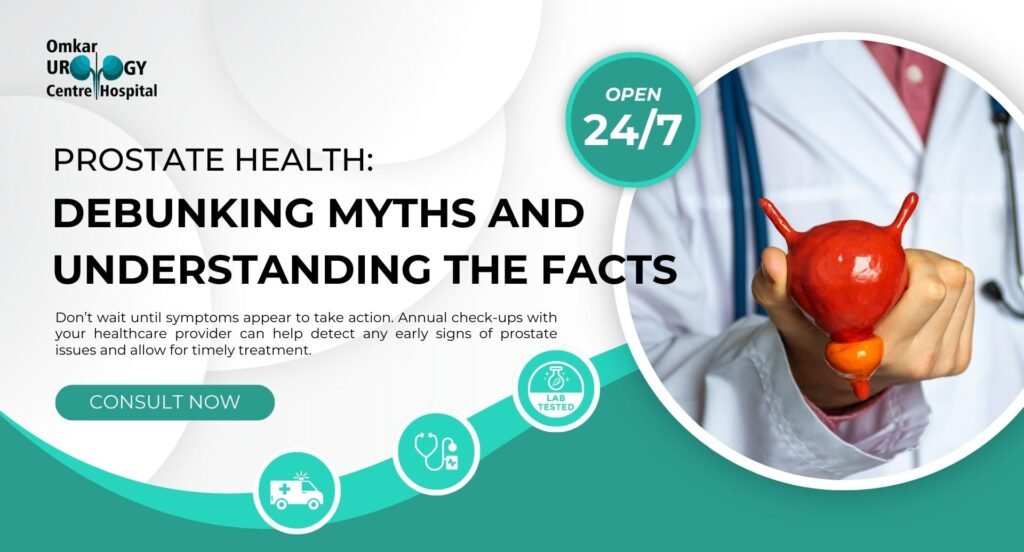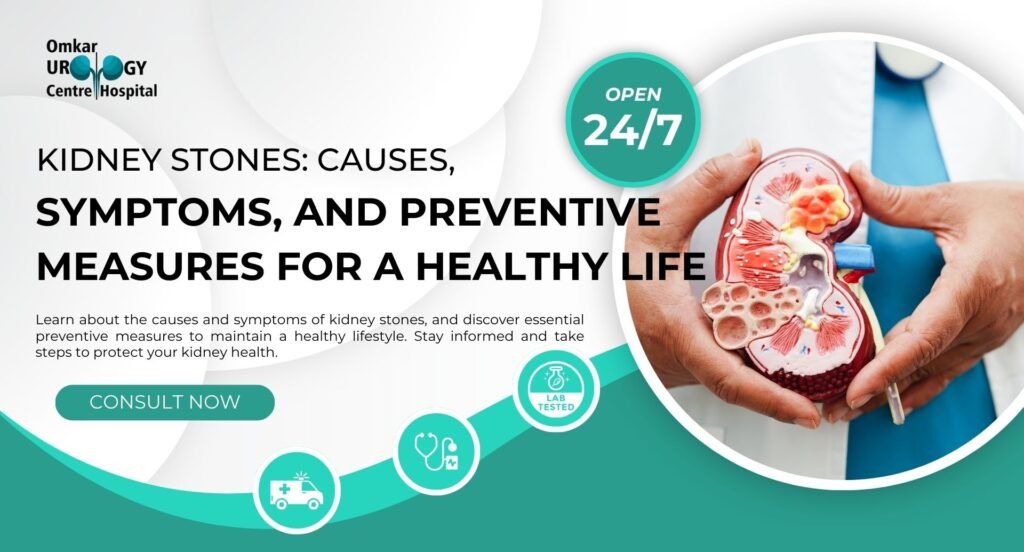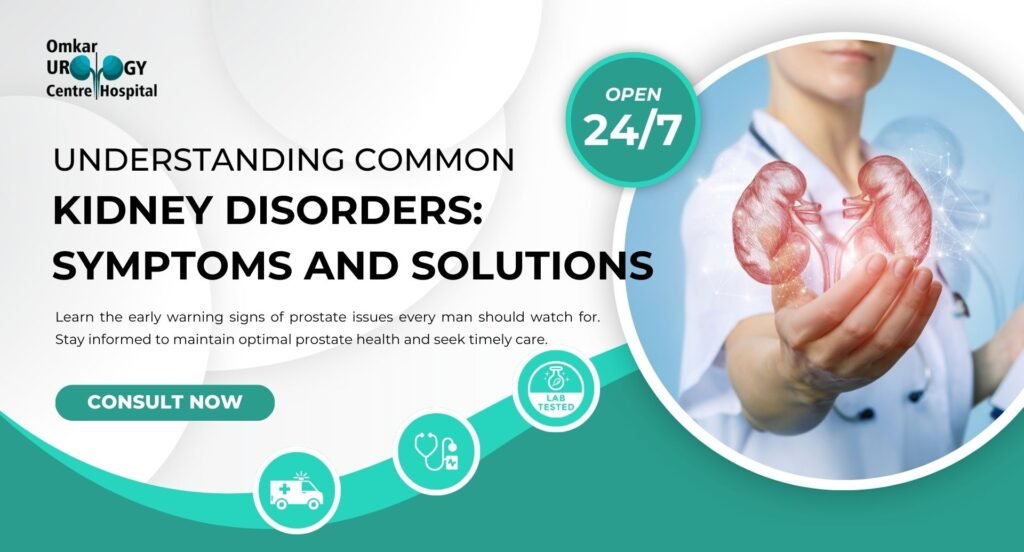
The kidneys play a crucial role in maintaining overall health by filtering waste from the blood, balancing body fluids, regulating blood pressure, and producing important hormones. When the kidneys are not functioning properly, it can lead to a variety of health issues. Kidney disorders are often silent in their early stages, meaning they can go undiagnosed until they cause significant problems.
In this blog, we will explore some common kidney disorders, their symptoms, and available treatments.
1. Chronic Kidney Disease (CKD)
What is CKD?
Chronic Kidney Disease (CKD) is a progressive loss of kidney function over time. It can be caused by conditions such as high blood pressure, diabetes, and chronic urinary tract infections. CKD may not present noticeable symptoms in its early stages, but over time, it can lead to kidney failure if not properly managed.
Symptoms of CKD:
- Fatigue and weakness
- Swelling in the legs, ankles, and feet
- Frequent urination, especially at night (nocturia)
- Shortness of breath
- High blood pressure that is hard to control
- Nausea and vomiting
- Itchy skin
Treatment of CKD:
CKD is managed by controlling the underlying causes, such as diabetes or hypertension. Lifestyle changes, including a healthy diet and regular exercise, are important for slowing the progression of the disease. Medications to control blood pressure, cholesterol, and blood sugar are often prescribed, and in severe cases, dialysis or kidney transplant may be required.
2. Kidney Stones
What Are Kidney Stones?
Kidney stones are hard deposits of minerals and salts that form inside the kidneys. They vary in size, and while some may pass through the urinary tract unnoticed, others can cause severe pain when moving.
Symptoms of Kidney Stones:
- Intense pain in the back, side, or lower abdomen
- Blood in the urine
- Painful urination
- Frequent urination, especially if the stone is near the bladder
- Nausea and vomiting
Treatment of Kidney Stones:
Treatment depends on the size and location of the stone. Small stones often pass on their own, with the help of increased water intake. Larger stones may require medical intervention, including shock wave lithotripsy (to break them into smaller pieces) or surgery.
READ MORE: Kidney Stones: Causes, Symptoms, and Preventive Measures for a Healthy Life
3. Urinary Tract Infection (UTI)
What is a UTI?
A Urinary Tract Infection (UTI) occurs when bacteria infect the urinary system. UTIs are common and can affect any part of the urinary tract, including the kidneys. If left untreated, a UTI can spread to the kidneys, causing a more serious infection known as pyelonephritis.
Symptoms of UTI:
- Frequent urge to urinate
- Painful urination
- Cloudy or foul-smelling urine
- Lower abdomen or back pain
- Fever or chills (in case of kidney infection)
Treatment of UTIs:
UTIs are typically treated with antibiotics, and it is important to complete the full course of antibiotics to avoid complications. Drinking plenty of fluids and practicing good hygiene can help prevent future infections.
READ MORE: Urinary Tract Infections (UTI) in Children: Causes, Symptoms, and Prevention
4. Polycystic Kidney Disease (PKD)
What is PKD?
Polycystic Kidney Disease is a genetic disorder where fluid-filled cysts grow in the kidneys, leading to kidney enlargement and eventually impaired function. PKD often runs in families and is most noticeable in adulthood.
Symptoms of PKD:
- High blood pressure
- Pain or tenderness in the abdomen or lower back
- Blood in the urine
- Frequent UTIs or kidney infections
- Swelling in the legs or abdomen
Treatment of PKD:
Although there is no cure for PKD, management focuses on controlling symptoms and preventing complications. Medications to manage blood pressure, pain, and prevent infections may be prescribed. In severe cases, dialysis or kidney transplantation may be required.
5. Acute Kidney Injury (AKI)
What is AKI?
Acute Kidney Injury (AKI) refers to the sudden loss of kidney function. It can occur after surgery, trauma, dehydration, or as a result of certain medications or infections. AKI can lead to fluid imbalances, electrolyte abnormalities, and other serious complications.
Symptoms of AKI:
- Reduced urine output
- Swelling in the legs, ankles, or feet
- Fatigue
- Shortness of breath
- Nausea and vomiting
- Confusion or altered mental state
Treatment of AKI:
Treatment for AKI depends on the underlying cause. It may include intravenous fluids, medications, and dialysis to help the kidneys recover. In some cases, kidney function may return to normal with appropriate treatment.
6. Kidney Infection (Pyelonephritis)
What is a Kidney Infection?
A kidney infection, or pyelonephritis, is a serious infection that can develop when bacteria from a UTI spread to the kidneys. It requires prompt treatment to prevent kidney damage.
Symptoms of Kidney Infection:
- Fever and chills
- Pain in the back, side, or abdomen
- Nausea and vomiting
- Painful urination
- Cloudy or foul-smelling urine
Treatment of Kidney Infection:
Kidney infections are treated with antibiotics, and in severe cases, hospitalization may be necessary for intravenous antibiotics and fluids. Pain relief and fever management are also key aspects of treatment.
When to See a Doctor
If you experience symptoms like persistent fatigue, swelling, pain during urination, or changes in urination habits, it’s important to consult a healthcare provider. Early detection and treatment of kidney disorders can prevent further complications and preserve kidney function.
Omkar Urology Hospital – The Best Urology Hospital in Varanasi
At Omkar Urology Hospital, we provide comprehensive care for all kidney and urological disorders. Whether you are dealing with kidney stones, chronic kidney disease, polycystic kidney disease, or any other kidney-related issues, our experienced team of urologists is dedicated to providing personalized, effective treatment. We use the latest technology and advanced medical practices to ensure the best possible outcomes for our patients. If you are facing kidney problems, trust Omkar Urology Hospital for expert care and support. Contact us today to schedule a consultation and take the first step toward better kidney health.
